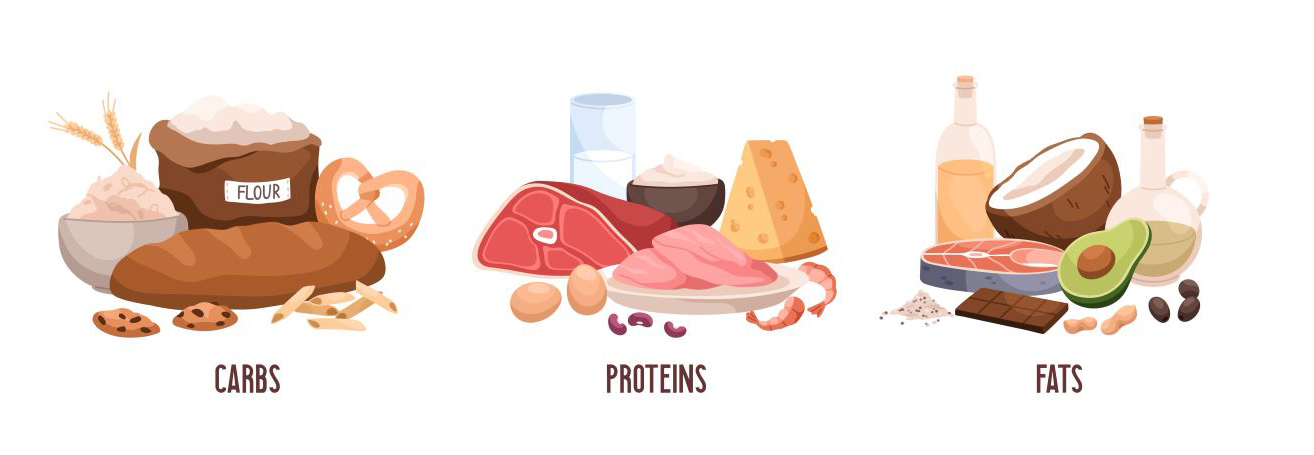
Managing Your Health and Wellness
We offer interactive tools that can help you manage your health. Find a health topic that interests you and explore available resources. You can enter your own information to receive results and resources tailored just for you!



Everyone experiences stress. There are many causes of stress, including work, family issues, chronic illness and more. Too much stress can lead to health and behavioral issues including headaches, drastic weight changes, or anxiety and panic attacks.
These free tools can help you learn more about sources of stress and their potential impact on your life. If you are struggling with your mental health, talk to your doctor for additional support and resources.
Depression is a mood disorder that affects how you feel, think and handle daily activities. The first step in getting the right treatment is visiting your doctor. If you receive a depression diagnosis, you and your doctor can discuss treatment options, including medications and therapy.
These resources can also help you learn more about depression symptoms:
Drinking alcohol can be safe in moderation, but drinking too much can harm your health.
At-risk or heavy drinking is defined as:
• More than 5 drinks on any day or more than 15 per week for men
• More than 4 drinks on any day or more than 8 per week for women
At-risk or heavy drinking can cause serious health problems and complications, including chronic diseases, cancer and alcohol-use disorder. Those under the age of 21 should not be drinking alcohol at all.
If you have concerns about your drinking, there are resources to help. Here are some places to learn more.

- CDC: www.cdc.gov/
- SmokeFree.gov: https://smokefree.gov/
- American Cancer Society: https://www.cancer.org/
- Mental Health America: https://screening.mhanational.org
- City of Philadelphia Department of Behavioral Health and Intellectual disAbility Services: Healthy Minds Philly: https://healthymindsphilly.org/screening/
